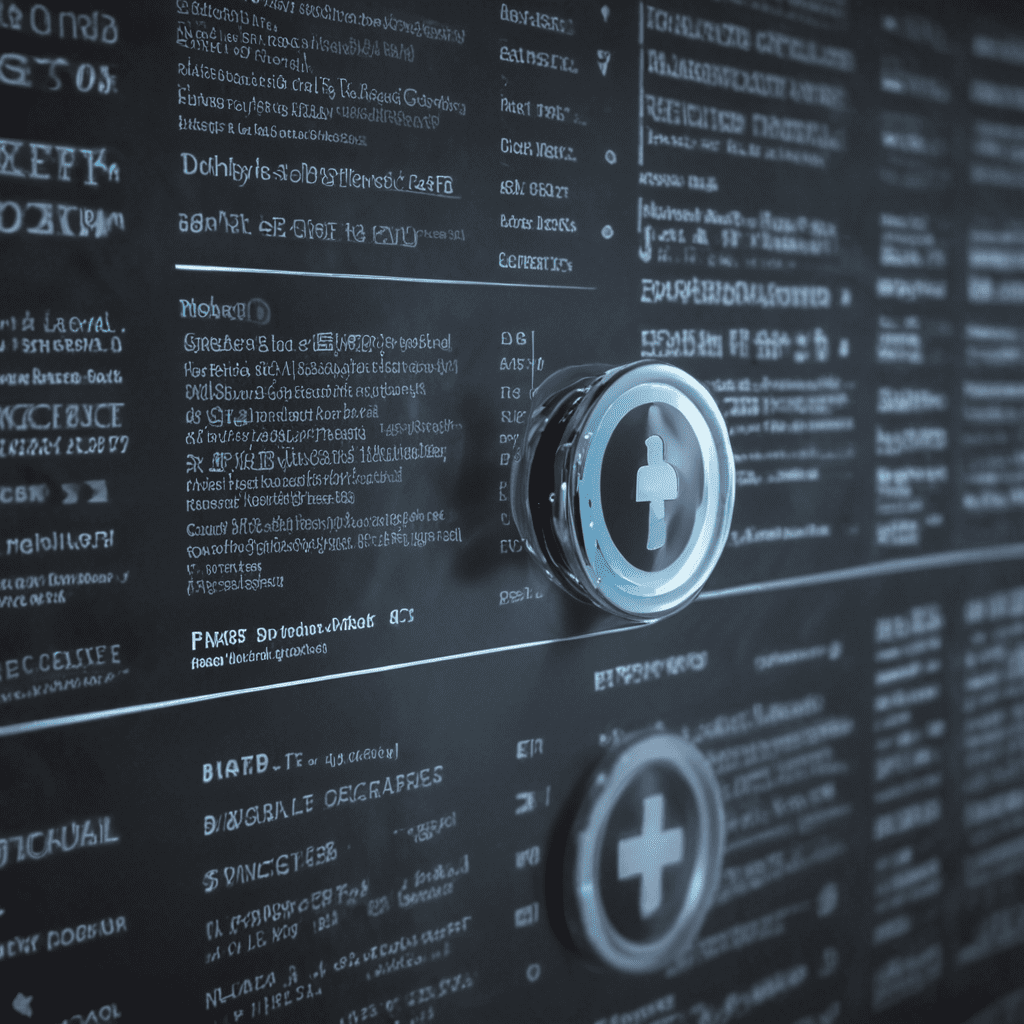
Data Privacy in the Hospitality Industry: Protecting Hospitality Data
1. Introduction to Data Privacy in the Hospitality Industry
The hospitality industry operates on a vast wealth of sensitive customer data, making data privacy a critical concern. As technology advances, so too do the risks associated with data breaches and misuse, underscoring the need for robust privacy measures within the hospitality sector. This article explores the legal and regulatory landscape for data privacy in the hospitality industry, highlighting the importance of protecting customer information and the potential consequences of data breaches. We will also delve into best practices for data security and privacy, examining the role of technology in safeguarding sensitive data. Finally, we will discuss data privacy compliance and certification, outlining the steps hospitality businesses can take to demonstrate their commitment to customer data protection.
2. Key Data Collected by Hospitality Businesses
Hospitality businesses collect a wide range of data from their customers, including personal identifiers such as names, addresses, and email addresses. They also collect financial data such as credit card numbers and transaction histories. Additionally, hospitality businesses collect behavioural data such as reservation preferences, loyalty program information, and social media interactions. This data is essential for providing personalized experiences and improving customer service. However, it also presents a significant privacy risk if not handled responsibly.
3. Legal and Regulatory Landscape for Data Privacy
The legal and regulatory landscape for data privacy is complex and constantly evolving. In the United States, the Gramm-Leach-Bliley Act (GLBA) and the Health Insurance Portability and Accountability Act (HIPAA) set forth specific requirements for the protection of financial and health information, respectively. In the European Union, the General Data Protection Regulation (GDPR) provides comprehensive data protection rights to individuals. These regulations impose strict obligations on hospitality businesses to collect, use, and disclose data in a lawful and ethical manner.
4. Importance of Data Privacy for Hospitality Businesses
Data privacy is of paramount importance for hospitality businesses for several reasons. First, it is a legal requirement to protect customer data. Failure to comply with data privacy regulations can result in significant fines and reputational damage. Second, data privacy is essential for maintaining customer trust. Customers expect hospitality businesses to safeguard their personal information and will be less likely to do business with companies that do not take data privacy seriously. Third, data privacy can help hospitality businesses improve their bottom line. By protecting customer data, businesses can reduce the risk of fraud and identity theft, which can lead to financial losses.
5. Data Breaches and Their Impacts on the Hospitality Industry
Data breaches are a serious threat to the hospitality industry. In recent years, there have been several high-profile data breaches in the hospitality sector, including the Marriott data breach in 2018 and the MGM Resorts data breach in 2019. These breaches have resulted in the theft of millions of customer records, including names, addresses, email addresses, and credit card numbers. Data breaches can have a devastating impact on hospitality businesses, leading to financial losses, reputational damage, and loss of customer trust.
6. Best Practices for Data Security and Privacy
Hospitality businesses can implement several best practices to enhance data security and privacy. These include:
- Encrypting data: Encryption is the process of converting data into a form that cannot be easily read or understood without the proper key. This helps protect data from unauthorized access, even if it is intercepted.
- Limiting data access: Hospitality businesses should only grant access to data to employees who need it to perform their jobs. This helps reduce the risk of internal data breaches.
- Using strong passwords: Employees should use strong passwords to protect their access to data. Strong passwords should be at least 12 characters long and include a mix of upper and lowercase letters, numbers, and symbols.
- Regularly reviewing data security: Hospitality businesses should regularly review their data security measures to ensure that they are effective and up-to-date. This includes conducting security audits and penetration testing.
7. Data Privacy and Customer Trust
Data privacy is essential for maintaining customer trust. Customers expect hospitality businesses to protect their personal information and will be less likely to do business with companies that do not take data privacy seriously.
Hospitality businesses can build customer trust by:
- Being transparent about their data privacy practices: Hospitality businesses should be transparent about how they collect, use, and disclose customer data. This includes providing customers with a privacy policy that is easy to understand.
- Responding promptly to data breaches: Hospitality businesses should have a plan in place for responding to data breaches. This plan should include steps to notify customers, contain the breach, and investigate the cause.
- Offering customers control over their data: Hospitality businesses should give customers control over their data. This includes allowing customers to opt out of data collection and to request that their data be deleted.
8. Role of Technology in Data Privacy Management
Technology can play a vital role in helping hospitality businesses manage data privacy. Data privacy management tools can help businesses:
- Identify and classify sensitive data: Data privacy management tools can help businesses identify and classify sensitive data, such as personal identifiers and financial data. This makes it easier to protect this data from unauthorized access.
- Monitor data access: Data privacy management tools can help businesses monitor data access and identify any unauthorized attempts to access data.
- Automate data privacy tasks: Data privacy management tools can automate data privacy tasks, such as data encryption and deletion. This helps businesses save time and resources.
9. Data Privacy Compliance and Certification
Hospitality businesses can demonstrate their commitment to data privacy by complying with data privacy regulations and obtaining data privacy certification.
Data privacy compliance involves following the requirements of data privacy regulations, such as the GDPR. Data privacy certification involves obtaining a certification from a third-party organization that verifies that a business is compliant with data privacy regulations.
10. Future Trends in Data Privacy for the Hospitality Industry
The future of data privacy in the hospitality industry is likely to be shaped by several trends, including:
- Increased use of data privacy technology: Hospitality businesses will increasingly use data privacy technology to help them manage data privacy and comply with regulations.
- More stringent data privacy regulations: Governments around the world are likely to introduce more stringent data privacy regulations in the coming years. This will make it even more important for hospitality businesses to have strong data privacy practices in place.
- Increased awareness of data privacy among customers: Customers are becoming increasingly aware of their data privacy rights. This will make it more important for hospitality businesses to be transparent about their data privacy practices and to give customers control over their data.
FAQ
What are the key data collected by hospitality businesses?
Hospitality businesses collect a wide range of data from their customers, including personal identifiers, financial data, and behavioural data.Why is data privacy important for hospitality businesses?
Data privacy is important for hospitality businesses for several reasons, including legal compliance, maintaining customer trust, and improving the bottom line.What are the best practices for data security and privacy?
Best practices for data security and privacy include encrypting data, limiting data access, using strong passwords, and regularly reviewing data security.
How can technology help hospitality businesses manage data privacy?
Technology can help hospitality businesses manage data privacy by identifying and classifying sensitive data, monitoring data access, and automating data privacy tasks.What are the future trends in data privacy for the hospitality industry?
The future of data privacy in the hospitality industry is likely to be shaped by increased use of data privacy technology, more stringent data privacy regulations, and increased awareness of data privacy among customers.

